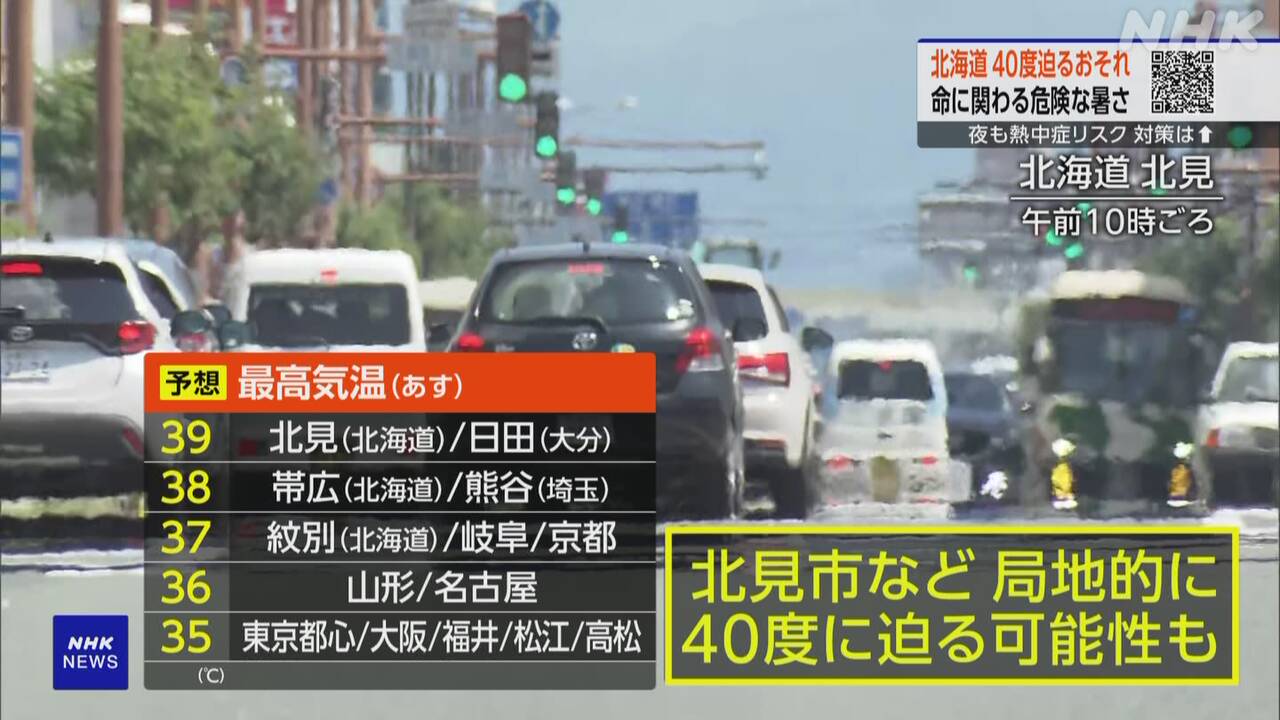The densely-populated center of Tokyo has been experiencing heatwaves with temperatures soaring above 35 degrees Celsius as early as 10 a.m. The Japanese Meteorological Agency and health officials are urging the public to exercise caution against heat-related illnesses, particularly heat stroke. The government has enacted preventive measures, which include staying hydrated and refraining from prolonged outdoor exposure during peak heat hours.
Extreme temperatures during the summer months are a resurgent issue in Japan. Citizens are particularly conscious of the dangers of heat stroke, with various public advisories and awareness campaigns often dispersed for the public's safety. Protective laws and guidelines such as the "Act on Promotion of Heat Stroke Countermeasures" are in place to ensure safety and promote awareness.
Like Japan, heatwaves in the US and EU are also treated seriously. Authorities in these regions typically issue advisories, provide public cooling centers, and encourage people to take necessary precautions to avoid heat-related illnesses. However, the preventive infrastructural measures understandably vary depending on each country's or region's climate, demographic, and policies.

